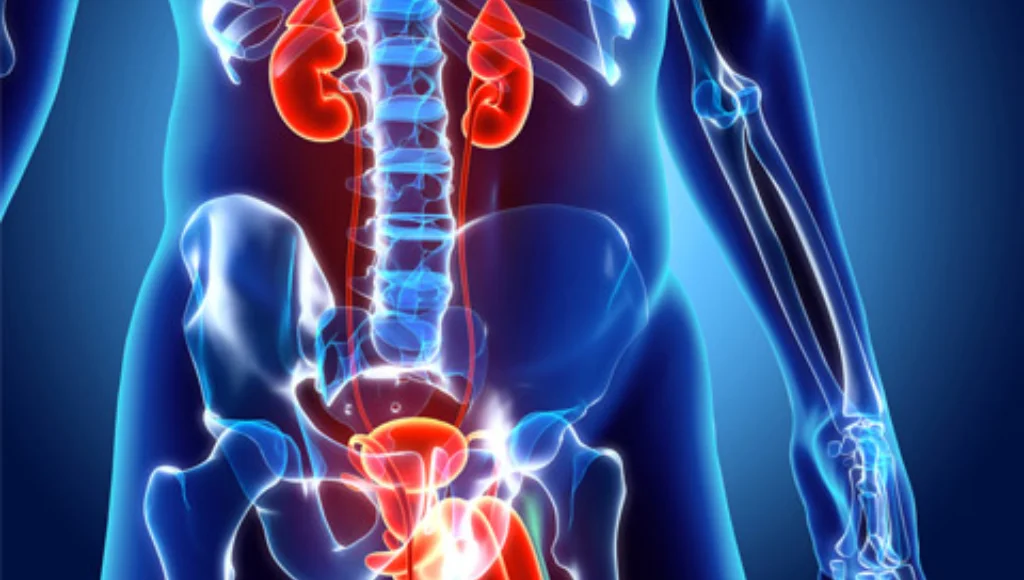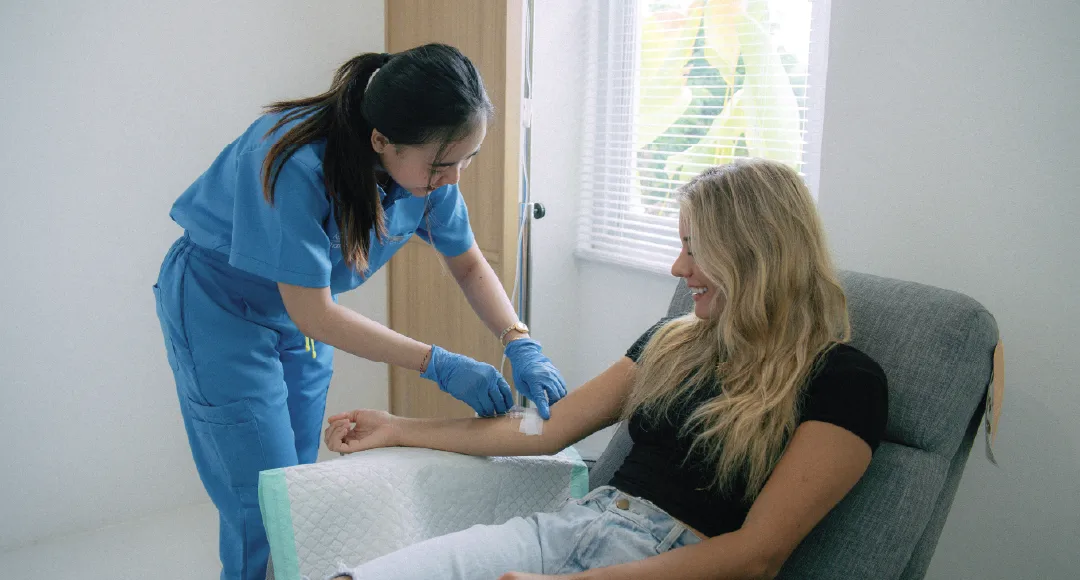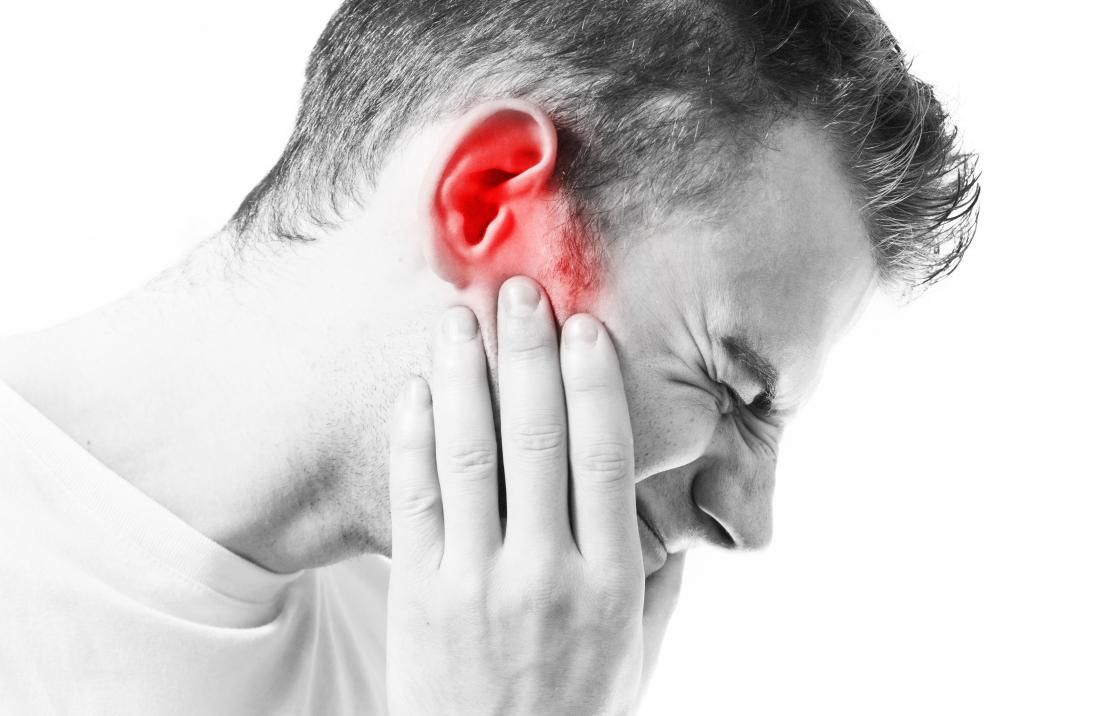A urinary tract infection (UTI) happens when germs, usually bacteria, get into your urinary system — which includes your kidneys, bladder, and the tubes that carry urine. UTIs are very common, especially in women. Even though UTIs are usually not serious, they can cause a lot of pain and discomfort. Knowing about UTIs can help …
A urinary tract infection (UTI) happens when germs, usually bacteria, get into your urinary system — which includes your kidneys, bladder, and the tubes that carry urine. UTIs are very common, especially in women. Even though UTIs are usually not serious, they can cause a lot of pain and discomfort. Knowing about UTIs can help you catch them early and treat them before they turn into a bigger problem.
The Problem
UTIs can be painful and annoying. If not treated, they can spread to the kidneys and cause serious health issues. Common symptoms include a burning feeling when you pee, needing to pee very often, cloudy or bad-smelling urine, and lower belly pain. Some people might not have clear symptoms, making it harder to know they have an infection.
Causes
UTIs usually happen when bacteria (often E. coli from the gut) enter the urethra — the tube that carries urine out of the body — and move up into the bladder or kidneys. Things like poor hygiene, holding urine for too long, or sexual activity can make it easier for bacteria to get into the urinary system.
Who Is at Risk?
Anyone can get a UTI, but it’s more common if you:
- Are a woman (because women have a shorter urethra)
- Are sexually active
- Don’t drink enough water
- Hold urine for too long
- Have a weakened immune system
- Use a catheter (a tube to drain urine)
- Are pregnant or postmenopausal
Solutions
UTIs are usually easy to treat. Doctors often prescribe antibiotics to kill the bacteria. It’s important to finish all the medicine even if you start feeling better. Drinking lots of water helps flush out the infection faster.
If you have symptoms, see a doctor right away to avoid more serious problems like a kidney infection.
How to Prevent UTIs
- Drink plenty of water every day.
- Don’t hold your urine — go when you feel the need.
- Wipe from front to back after using the toilet to prevent bacteria from entering the urethra.
- Urinate after sex to flush out bacteria.
- Wear loose, breathable underwear, like cotton.
- Avoid using irritating products like scented soaps or sprays around your private area.
Care and Support
If you get a UTI, don’t worry — it’s very common and treatable. The most important thing is to see a doctor quickly and follow their advice. Take all your prescribed medicine, even if you start to feel better before it’s finished. Drink lots of water to help your body clear the infection faster.
If UTIs happen often, talk openly with your doctor. They can help find out why and give you special tips or treatments to stop future infections.
Remember: getting help early keeps things simple and protects your health in the long run!
Practical Tips
- Carry a water bottle and sip throughout the day.
- Go to the bathroom regularly — don’t wait too long.
- Keep good personal hygiene, especially before and after sex.
- If you feel the symptoms of burning or pain when peeing, you may go to 911 Medical Clinic to seek treatment.
- Know that prevention is easier and healthier than treatment!
Urinary tract infections (UTIs) can be painful and disruptive to daily life. However, with proper and timely treatment, UTIs are usually easy to cure and do not cause serious complications. It is important to recognize the symptoms early and consult a doctor promptly to prevent the infection from spreading to the kidneys.
Always maintain good hygiene, drink plenty of water, and follow your doctor’s instructions during treatment. If you experience symptoms like pain or burning during urination, visit 911 Medical Clinic immediately for proper care.
Remember, prevention is better than cure. By adopting healthy habits and good personal care, you can reduce the risk of recurrent urinary tract infections. Take care of your health starting today!
Book a Consultation










